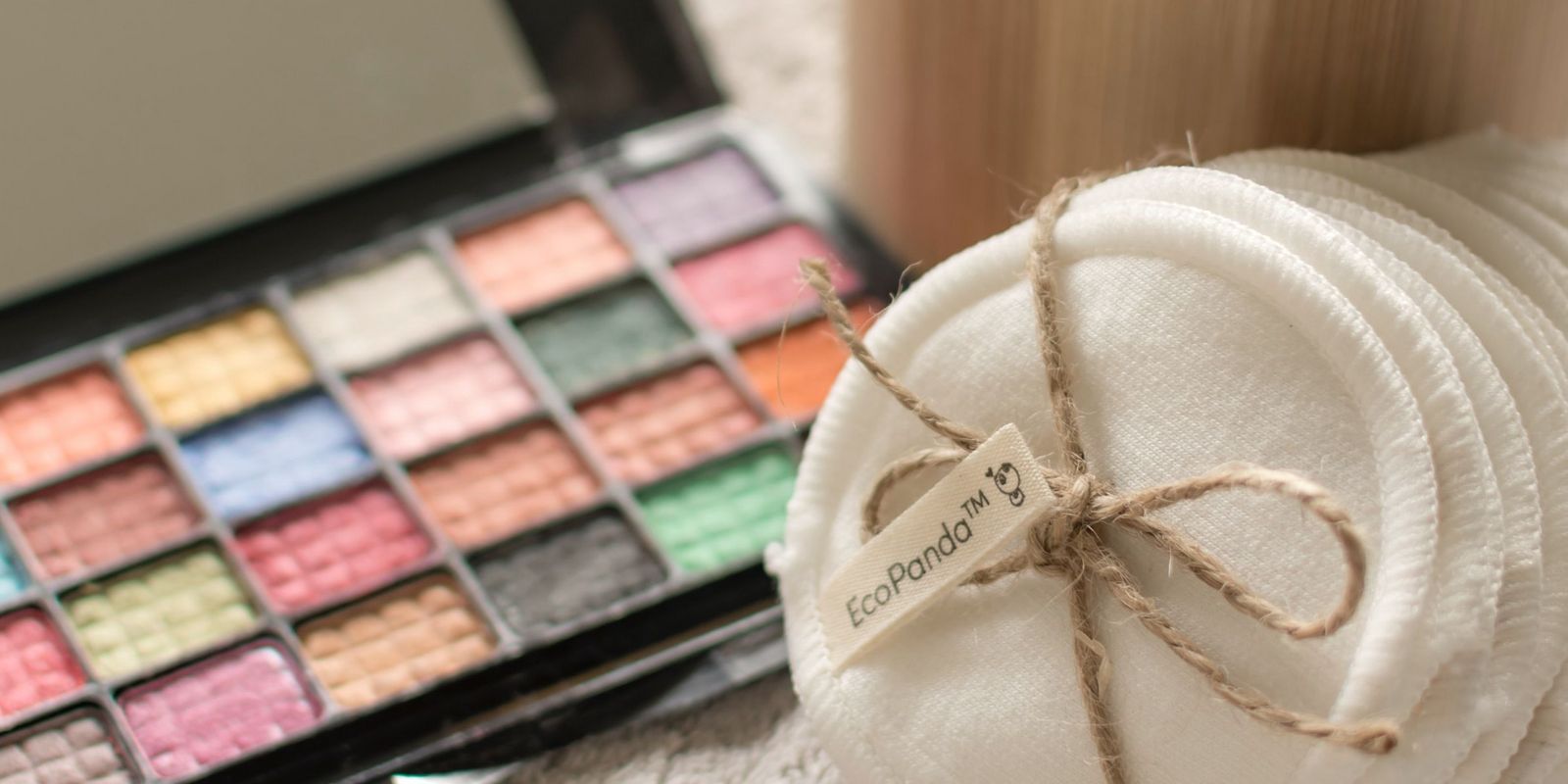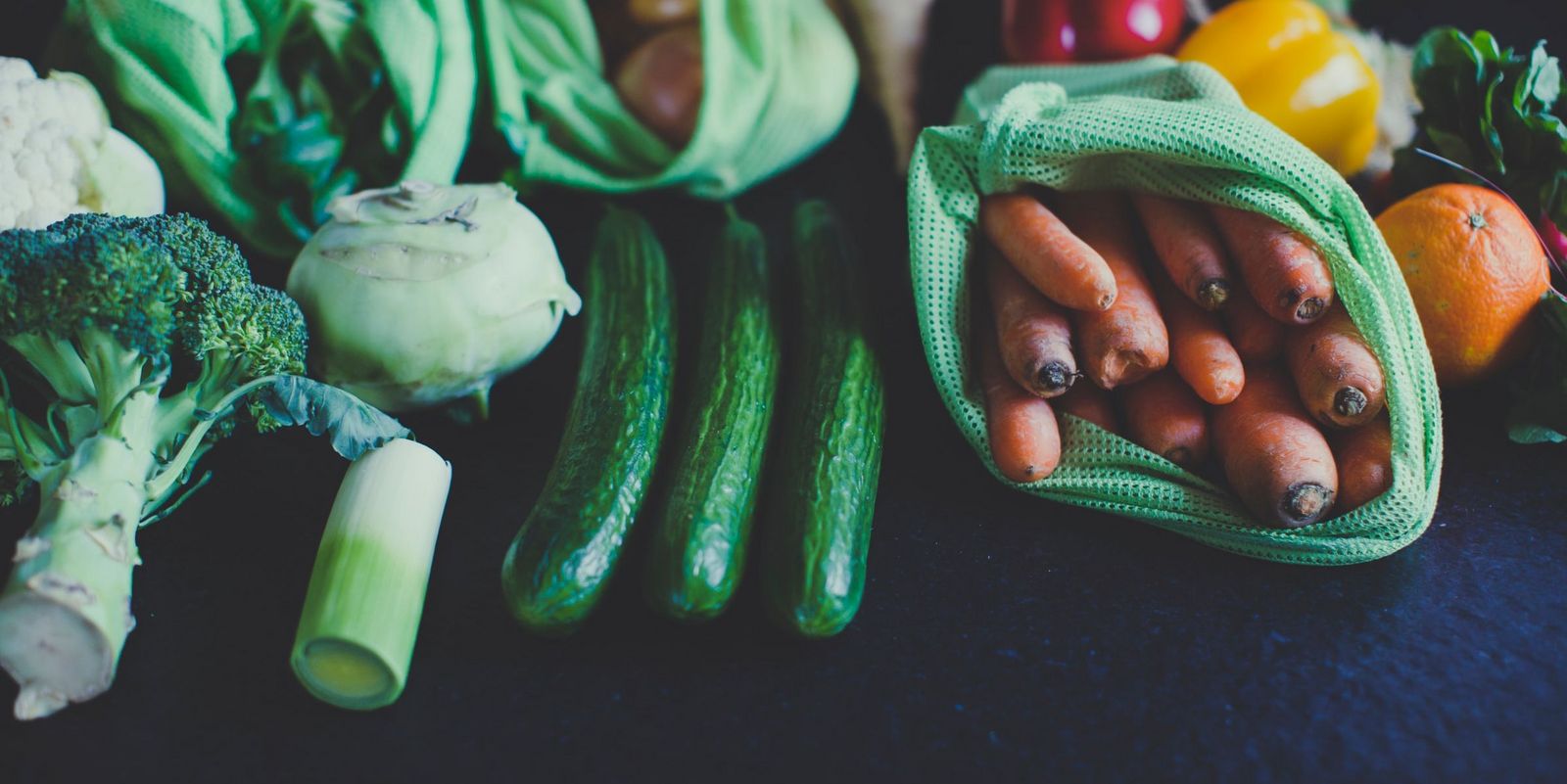Saving plastic in the kitchen
Instead of plastic straws: straws made of paper, bamboo or apple fibre
A plastic drinking straw is only used for a few minutes – but it takes about 500 years for it to decompose. Fortunately, there are already a number of alternatives with which to enjoy a drink: Various suppliers make compostable drinking tubes from paper that are printed using food colouring (Nature Star, Hello Straw). They are also available in a reusable form made of bamboo, which is naturally hollow inside and a very quickly renewable natural raw material (e.g. by Napanion and Pandoo). Furthermore, they come in glass (tasteless and easy to clean, available from Manor and various online shops such as Galaxus) and – for a particularly stable option – in stainless steel (Galaxus, Apfelkiste).
There is an even such a thing as edible drinking straws (Wisefood “Superhalm”).
Instead of plastic foil: wax cloths
They're getting more and more popular: beeswax cloths – cloths soaked in wax that you can use instead of cling film. These can be used to cover bowls and for packing food and keeping it fresh (except meat and fish) – they are entirely washable and reusable and do not contain any dubious additives at all. They are available at most organic food stores and health food shops, and also from Coop Vitality for example. And if you like handicrafts, it’s quite simple to make wax cloths yourself.
Instead of plastic plates: palm leaf or bagasse
They have an authentic, tropical look and you can even put them in the microwave: plates made of pressed palm leaf. The areca palm loses its leaves several times a year: these are collected, dried and pressed into shape, creating a compostable alternative to the classic plastic disposable tableware for picnics and barbecues. In addition to online stores, larger branches of Coop and Migros branches also stock them. Another variant is made of sugar cane: the fibrous material that is left over after pressing cane to produce sugar – called bagasse – can be used to make compostable tableware with a smooth, cut-resistant surface. These items are mainly available through mail order.
Saving plastic in the bathroom
Many hygiene products are disposable. So those containing a lot of plastic cause particularly high levels of environmental pollution.
Instead of disposable cotton swabs: reusable products
Although these cotton swabs are made entirely of plastic, they can be reused up to 1’000 times: “LastSwab” by LastObject. You can wash them with soap and water and if necessary disinfect them with alcohol. This way they last up to a thousand times longer than a conventional cotton swab.
Instead of disposable cotton swabs: washable pads made of bamboo or cotton
There are lots of make-up remover pads that are not made of pure cotton but additionally enriched with synthetic fibres. If you would like to save waste by using a plastic-free product, you will find a wide range of washable pads made of cotton (Nova, Fair Squared) and bamboo (BamBaw, Napanion), both online and at organic shops.

Instead of plastic handles: wooden toothbrushes
Toothbrushes with reduced plastic content are becoming increasingly popular, too – because the plastic handle can easily be replaced by a wooden one, normally made of bamboo. For the bristles, manufacturers use various solutions such as “bio-nylon”, which is obtained from castor oil (e.g. hydrophilic), or certain types of nylon that decompose faster than conventional nylon (The Humble Toothbrush). Some manufacturers are even bold enough to resort to a traditional natural material: pig bristles (holz-leute.de, Bürstenhaus Redecker).
Instead of plastic: dental floss made of maize, bamboo charcoal or silk
There are even biodegradable dental floss alternatives now, too: these are made of maize starch (Bambusliebe, Nordics), bamboo charcoal fibre (Mother Earth, The Bam & Boo) or silk (Vömel, TreeBird, Radius).
Saving plastics when shopping
There are a number of sustainable alternatives available for the classic plastic bag – of which Migros and Coop still sell 15 million per year despite the introduction of a 5-centime fee. For example, Coop offers the reusable “Multi-Bag” made of cellulose, while Migros has the Veggie Bag made of washable polyester. And if you’re not doing a big shop, the good old rucksack is still the best option.

So what are things looking like for the future? Based on current research, we can expect the following alternatives to plastic:
- Sugar cane as an alternative material
- Plastic from mushrooms
- Bioplastics from maize starch
- Algae as alternatives
- Hemp plastic
- Plastic from shellfish
These are not ready for the market yet, so a little patience will be required for research to advance here.
For more details, see https://www.careelite.de/plastik-alternativen-forschung.

Your comment